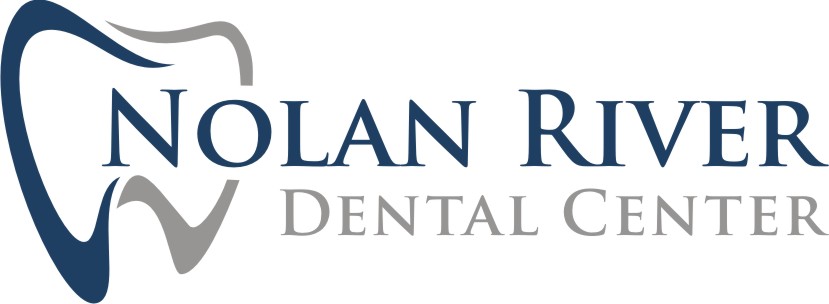
Dental implants are a great alternative to dentures, and they are becoming increasingly popular. The trend is not particularly surprising when you consider the benefits of implants over dentures like increased comfort, the ability to eat a wider range of foods, and improved oral health.
Here is a closer look at dentures and implants to help you decide which works best for you:
1. Dentures
Dentures are prosthetic devices that serve as a replacement for missing teeth. They are removable devices that rest on your gums. Dentures can replace a full or partial set of teeth. We attach some dentures to implants, giving patients a more secure fit.
2. Implants
These are the closest thing to your natural teeth when it comes to tooth replacement. It consists of a rod, often containing titanium that we attach to your jawbone. This process is similar to the way your natural teeth roots are and the way in which we fit a crown on the outward facing part of the implant. Once the procedure is complete, the patient will have a restored smile and there are no other special steps to take. You simply take care of your implant the same way you take care of your natural teeth.
Now, here is a look at the differences between these two devices:
Implants
Helps to preserve your jawbone, thus maintaining your facial structure.
Function and feel like your natural teeth.
Firmly attached to your jaw for a secure fit.
Restores natural chewing ability.
No need for adhesives and creams.
A permanent solution for missing teeth.
No need for a specialized cleaning routine.
Dentures
Does not do anything to address the fact your jawbone deteriorates when you’re missing teeth.
Feels unnatural. Tends to take a while to get used to.
Often slips and moves especially when eating.
Prevents the individual from eating certain foods.
Often requires the use of adhesives or creams.
Often needs to be relined and replaced.
Requires a time-consuming daily cleaning routine.
When you compare these two missing teeth solutions side-by-side, it is obvious implants are the more effective procedure. The main advantage dentures have over implants is the affordability. Virtually every other advantage goes to implants.
Preventing jaw bone loss is one of the advantages implants have overdentures. Here is the easiest way to look at it. Implants allow you to restore your smile without having to make any changes to your daily routine. With implants, the biggest inconvenience is going to the dentist’s clinic for installation. Once we fit them, the patient is free to live his or her life like they always have. You simply need to brush twice a day and floss regularly. Cleaning dentures is a lot more complicated.
You might be wondering:
Dealing with missing teeth? Contact a dentist to find out if you are a good candidate for implants or dentures.
Request a consultation in our Cleburne dental office here: http://www.nolanriverdentalcenter.com. Call us at (817) 517-6453 for more information from Nolan River Dental Center.
Related Posts
What Is a Denture Reline?
If you have issues with your dentures, your dentist might recommend a denture reline. You do not know what a reline is, though. Before you agree to a procedure, you want to …
3 Tips for New Denture Users
Thinking you need some tips as a new denture user? The more you understand how to wear your new dentures, the less chance you have when it comes to experiencing any denture-related …
Tips For Getting Used To Dentures
Getting new dentures can cause some discomfort when first using them. If it feels awkward at first, then learning how to adapt to dentures can be necessary. The great thing is that you can still …
How Dentures Work When Compared With Other Restorations
When you are missing teeth, it is important to consider how dentures work when compared with other restorations. It can be easy to go with the first dental restoration you hear about, so you do …


